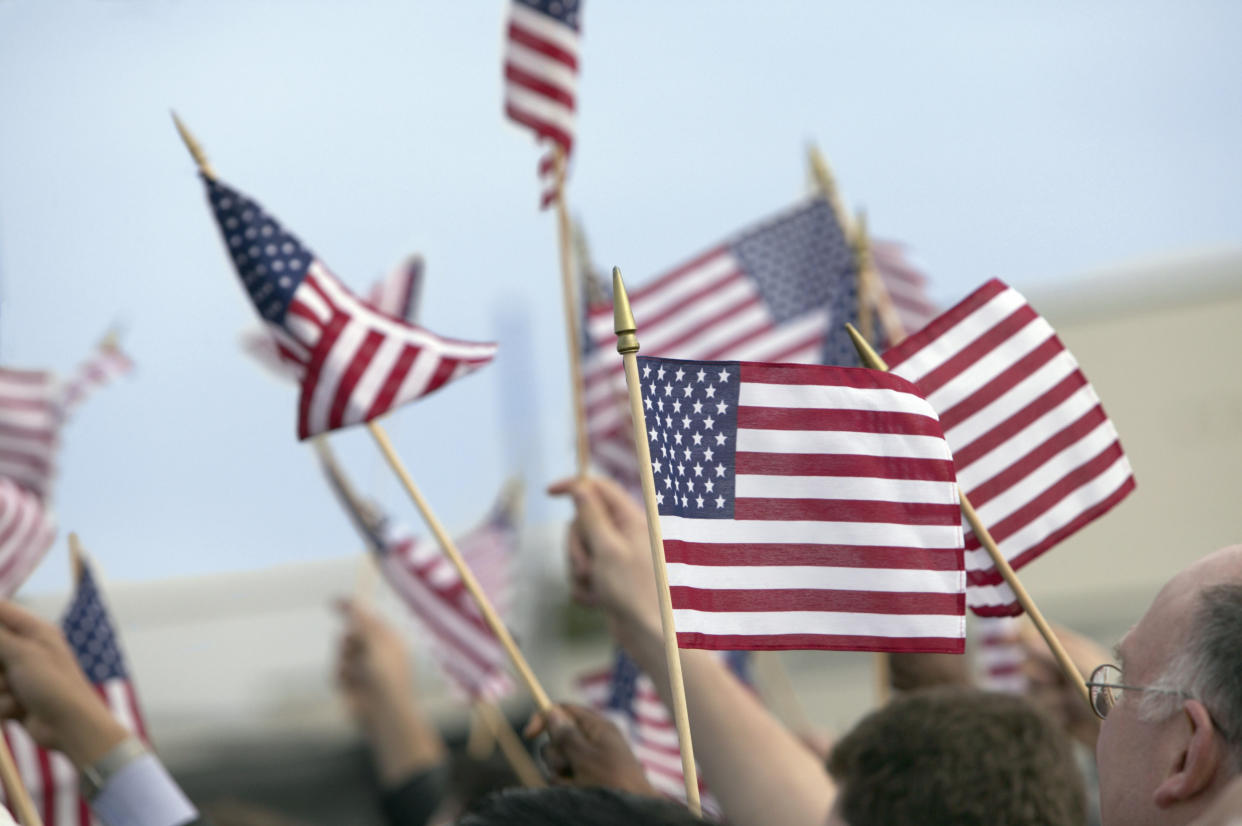Super PACs explained

By Kaye Foley
The 2016 race to 1600 Pennsylvania Ave. is a long one and requires a lot of time, energy, and not least of all, money. Candidates — both official and potential — have already started filling their war chests.
But where does all the money come from? Some comes from fundraising done by the campaign itself, or through a PAC (political action committee) associated with it. But some of the biggest conduits for campaign cash are so-called super-PACs.
So what exactly is a super-PAC? It’s similar to a regular PAC in that it’s a private group funded and organized to help elect a political candidate, or advance a legislative agenda. However, PACs can only accept donations from individuals, and there’s an annual limit of $5000.
Two landmark court cases — Citizens United v. FEC, and SpeechNow.org v. FEC — in 2010 paved the way for supersize PACs. The rulings from these cases allowed corporations, unions, and individuals to donate unlimited amounts of cash to “independent expenditure-only committees” — also known as super-PACs.
Where a super-PAC differs from a PAC is that it must be independent from a candidate and his or her campaign. Super-PACs cannot donate money to or coordinate directly with the campaign. Instead, the money raised is spent to help a candidate get elected through ads, robocalls, outreach, and voter turnout efforts.
Super-PACs must also disclose their donors and prove they haven’t had any involvement in the affairs of the candidates. But that line can get blurry, as demonstrated by Stephen Colbert with his own super-PAC in 2012.
The Federal Election Commission is tasked with regulating super-PACs, but is often divided along partisan lines, and as a result, little enforcing will likely happen for the 2016 race.
Super-PACs injected more than $600 million into the 2012 election, and even more is expected for 2016. Those in favor of these organizations say that donations to help campaigns are an expression of free speech, while opponents argue that now the voice of the wealthy is heard the loudest.
So as the competition for commander in chief heats up, when it comes to the super-sized pockets of super-PACs, at least after watching this video, you can say: “Now I get it.”



